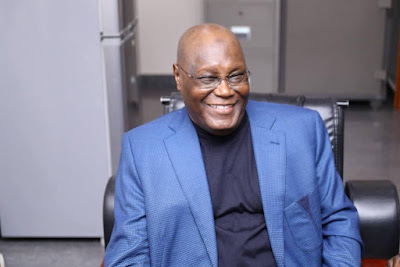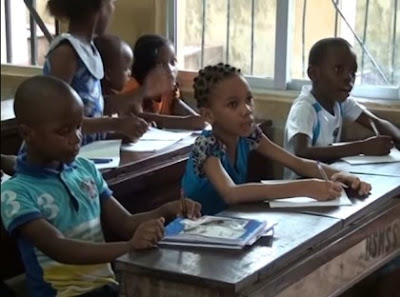By Hope Eghagha
In the wake of the
Acting President’s recent media-advertised visits to the Niger Delta, a
highly-placed Nigerian posed a question to me as a suffering indigene of the
exploited and oppressed zone of the Nigerian
State: What do Niger
Deltans want? Put differently, the question could be: What should the Nigerian State do for the Niger Delta? The
question popped up in exasperation, I suppose. To ask this question some 60 odd
years after the Oloibiri discovery shows we haven’t come to terms with the
tragic circumstances of the Niger Delta.

If we want to play on
words, these questions could be posed in different ways. The first proposition
is that what the people want is different from what they have been given.
Another flip is that they have been given enough and should just shut up and
get on with life. It could also mean that citizens from other parts of the
country genuinely want to know what people of the region want. Whatever meaning
we give to the question, the plight of the Niger Delta is a sore point in the
history of our country.
The question got me
thinking though. Is it true that the corridors of power do not know what is
good for the region? Have Deltans articulated their wants in the Nigerian
polity? What about the tonnes of literature that led to the creation of the
NDDC, and the Ministry of Niger Delta Affairs dating from the 1950s? If the
Niger Delta had a son of theirs for five full years in charge of the Nigerian
Presidency, do we still as Niger Deltans have the right to complain? In other
words, if in five years a Nigerian President of Niger Delta extraction could
not chart the course to national transformation, who else can? If past
governors of the states in the region did not use funds allocated to them
judiciously, how are we sure that resource control would yield anything
different?
I will summarise my submission with an anecdote:
Communities which live in abject poverty in spite of billions of dollars that
have been sucked from their soil and which still hold billions of dollars in
gas reserves are in dire straits. Simply put, the Niger Delta needs a
transformation of the environment and infrastructure of the land that has given
so much wealth to the Nigerian federation. Either by design or default, we have
not been able to achieve this. This is sad, tragic and alarming.










